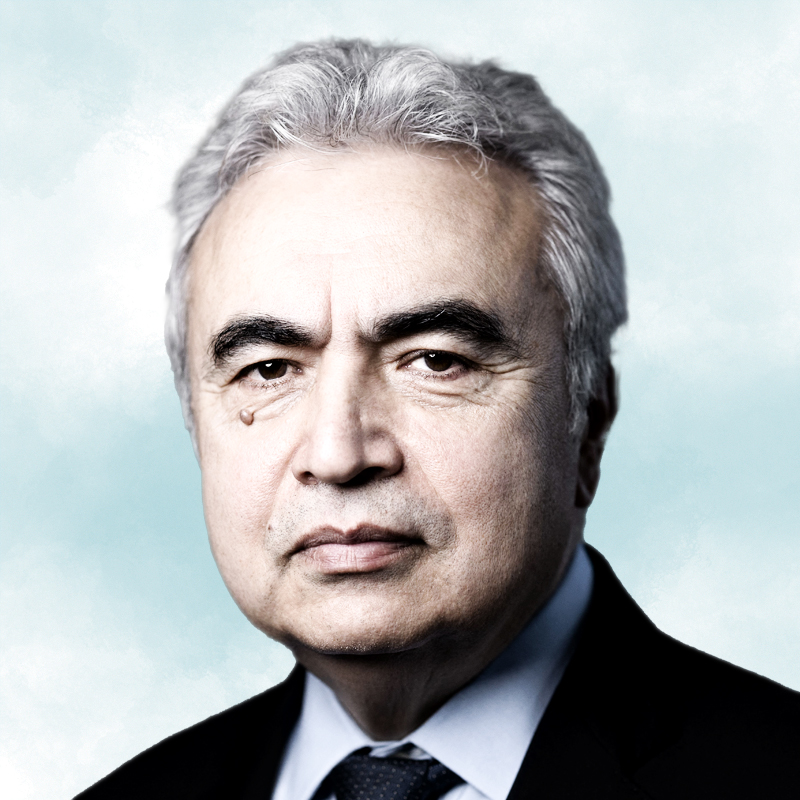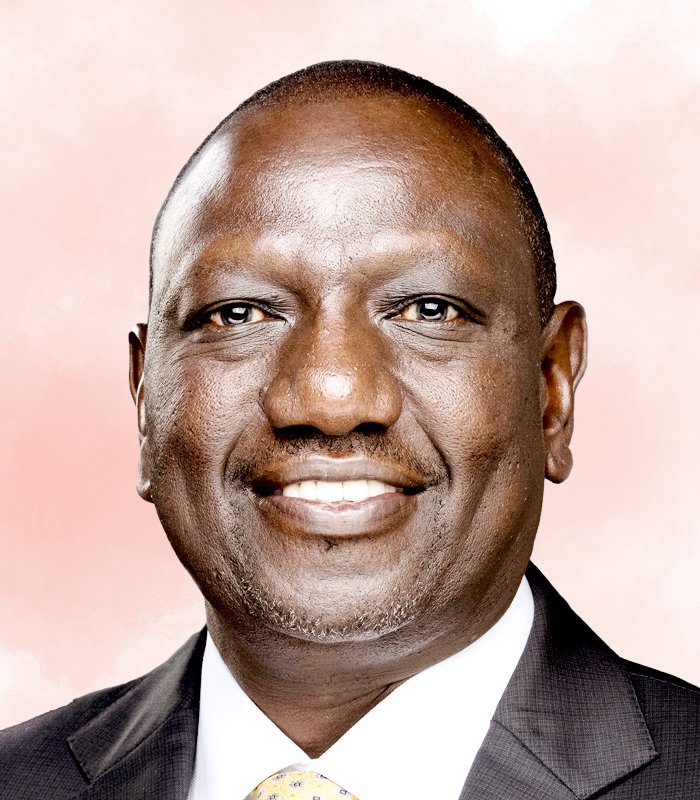Fatih Birol is executive director of the International Energy Agency. His agency produces the most comprehensive data on the energy industry globally, and in 2023, he called on oil and gas companies to commit to reducing emissions from their operations and energy use by 60% by 2030 and invest more in clean energy technology.
What is the single most important action you think the public, or a specific company or government, needs to take in the next year to advance the climate agenda?
A commitment by governments around the world to triple global renewables capacity and double the rate of energy efficiency improvements by 2030. Renewables are well-understood, rapidly deployable, and cost effective in most countries around the world. Boosting energy efficiency improves affordability and security, which is particularly important in this time of high and volatile energy prices. This commitment needs to include measures to improve financing in many emerging and developing economies, where emissions are heading upwards while clean energy investments are faltering, creating a dangerous fault line in global efforts to reach climate and sustainable energy goals. We need better mechanisms to coordinate access to financing and technologies to provide clean and reliable energy for all citizens.
What is a climate technology that isn’t getting the attention or funding it deserves?
Methane is a major contributor to climate change and it will not be possible to achieve our climate goals without targeted action on methane. Methane emissions from fossil fuel operations can be reduced by more than 75% through technologies and measures that are well known and can often be done in a way that saves money. Oil and gas companies carry primary responsibility for cutting these emissions, but financial support could be very important to help do so in low-income countries.
What’s the most important climate legislation or policy that could be enacted in the next year?
Keeping the global temperature rise below 1.5°C means an immediate end to new approvals of unabated coal plants and planning for the early closure of existing coal-fired plants. This can be done while still achieving universal access to electricity and clean cooking by 2030. Policy and financial support for clean sources of electricity generation—including through international climate finance—will be essential for this.
- Cybersecurity Experts Are Sounding the Alarm on DOGE
- Meet the 2025 Women of the Year
- The Harsh Truth About Disability Inclusion
- Why Do More Young Adults Have Cancer?
- Colman Domingo Leads With Radical Love
- How to Get Better at Doing Things Alone
- Michelle Zauner Stares Down the Darkness





